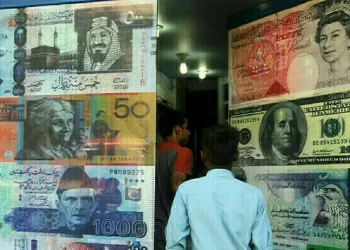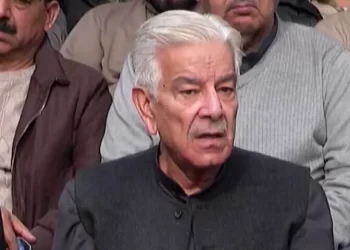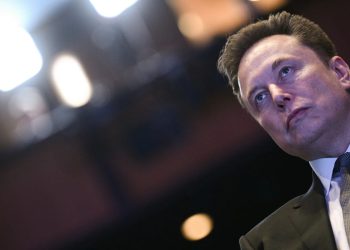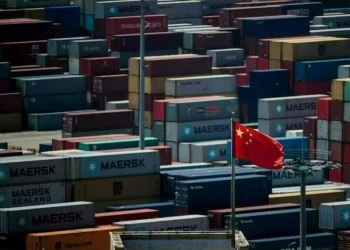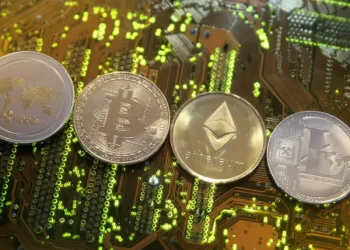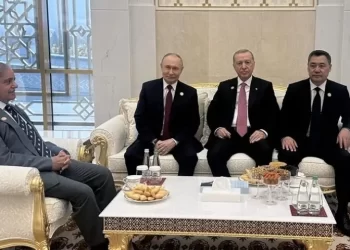- A drone attack in Moscow on Tuesday hit residential buildings — the first attack against the capitol since Russia invaded Ukraine.
- Ukraine denied sending the drones, but an official suggested Moscow residents deserved to fear.
- An expert told Insider the attack could be Ukraine giving Russia “a taste of its own medicine.”
A series of drone strikes in Moscow on Tuesday shocked civilians and the city — and could be Ukraine giving Russia “a taste of its own medicine,” a war expert told Insider.
Ukraine denied sending the drones, but it’s likely that “the Ukrainian side was behind the attacks just to terrorize Moscow,” Dr. Marina Miron, a post-doctoral researcher at the Department of War Studies at King’s College London, told Insider.
The attacks left no major injuries or destruction, “but the psychological impact that Russia is not as invulnerable as it would seem is very, very important in this context,” Miron said.
The attack marked a stark change in the war and mirrored recent Russian drone strikes in Kyiv, which have killed civilians and targeted apartment buildings and infrastructure.
She added that the drone strikes could be a part of Ukraine’s so-called “thousand cuts” tactic of war, referencing previous comments from Mykhailo Podolyak, an adviser to Ukrainian President Volodymyr Zelenskyy.
That tactic, Miron said, means “they will strike different targets to disorient the adversary, to disorient the Russians. It won’t be kind of a massive operation, but rather it’ll seek to stretch Russia’s capabilities.”
The drone attacks come just days after Ukraine-backed Russian militants attacked areas in the Belgorod region of Russia, with the Kremlin calling the incidents “sabotage” from Kyiv.
Miron told Insider it makes sense for the drone attacks to follow those cross-border raids.
All of this adds “a psychological impact” to Ukraine’s attacks and its expected counteroffensive to retake land in the east, Miron said.
The drone attacks could also be a way of “distracting the Russians” to “maintain a surprise initiative” for the counteroffensive, she added.
Hours after the drone strikes on Tuesday, Podolyak made cryptic comments about the attacks, according to The Washington Post.
“I’m going to say some paradoxical things and you can then analyze them: First, undoubtedly, gradually Moscow is starting to sink into the fog of war … with a very desired sensation,” Podolyak said. “Of course, we want those people who wanted to start this big European war to feel what it is like to live in a state of danger.”
“And of course all those terrible men who sat in the parliament and threatened everyone,” Podolyak added, “they are going to gradually receive all of that back.”



